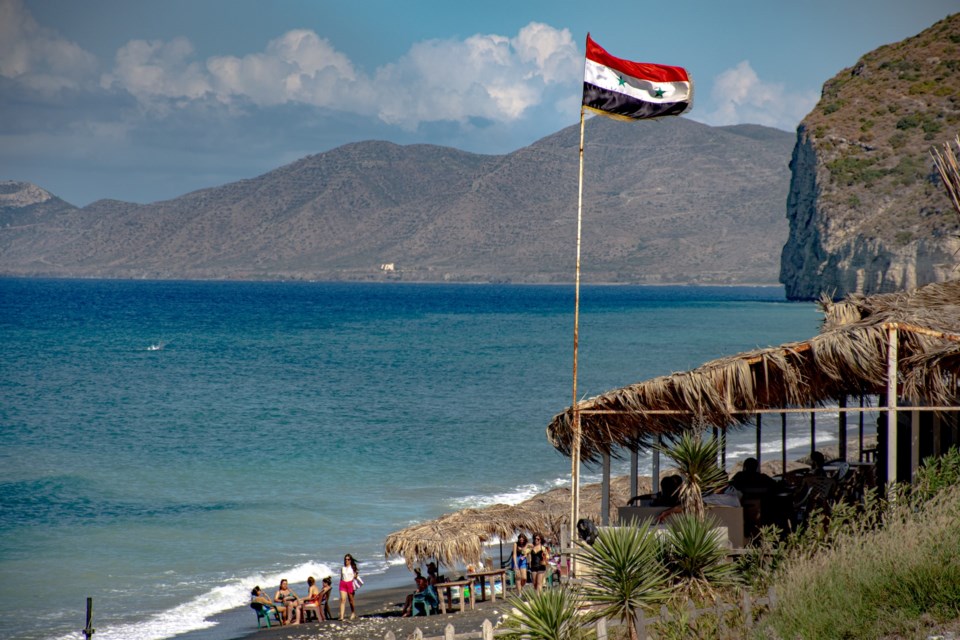Mazen Alomar joined the Syrian army at 18. He was a member of the military police, stationed in Homs in western Syria. In 2011, when the Arab Spring series of revolutions and protests spread across the Arab world, Mazen was 20.
He was absolutely not ready to fight in a war. He would speak on the phone with his father in Idlib, Mazen’s hometown (about two hours north of Homs), and his father was frantic. “You have to get out,” Mazen remembers him saying.
Mazen shakes his head as he thinks about it, saying, “Every day, my friends, my friends would go out from our center, and they come back shot.”
His superiors offered him a rare choice. They had more soldiers than they could effectively use, so they said he could go home, or he could stay and fight. If he stayed, he would be well paid.
Mazen didn’t even consider staying– he took his ID and left. “I called my friend, when they let us go, and I said, ‘God has given us a new life,’” he nods, “because nobody else can leave from this problem.”
Unfortunately, Mazen’s homecoming in Idlib did not last long. Idlib was and is a major rebel stronghold. Rebels in Idlib found Mazen almost immediately after he arrived, and they were not interested in offering him a choice. They needed fighters.
Mazen’s father obtained a passport for him. In Syrian culture, children should take care of their parents, so Mazen wanted very much to stay. His father wouldn’t hear of it, and sent him away to Jordan.
The entire family was intended to gather and reunite in Jordan. However, Jordan ceased accepting refugees, and Mazen’s parents and sisters ended up in Turkey instead. Mazen hasn’t seen them since he left Idlib. He got married in Jordan and started a family of his own, and although they keep in touch over Facebook, his parents have never met his wife and children in person.
When the call came offering Mazen and his wife the chance to come to Canada, he didn’t know what that meant. “I didn’t know, at first, what is Canada?” he recalls, and he spoke no English at all.
Life has not been easy in Moose Jaw. The culture shock has been intense, English is a notoriously difficult language to learn, and although Syria has four seasons, winter there rarely drops below freezing.
Mazen says 80% of people in Moose Jaw have been welcoming, understanding, and friendly. He describes his few experiences of racism and hostility with sadness rather than anger. He says what happened to him could happen to anyone, and thinks perhaps the lack of diversity in Moose Jaw might contribute. “In Syria,” he says, “we have everyone, it doesn’t matter. We have all colours, and we don’t even realize.”
Mazen has been working to try and reunite his family ever since he arrived. He has found sponsors and friends whom he describes as wonderful and generous, but it is still a slow, slow process. He’s very hopeful that it won’t be long now, and that he will see his parents and sisters again soon.




